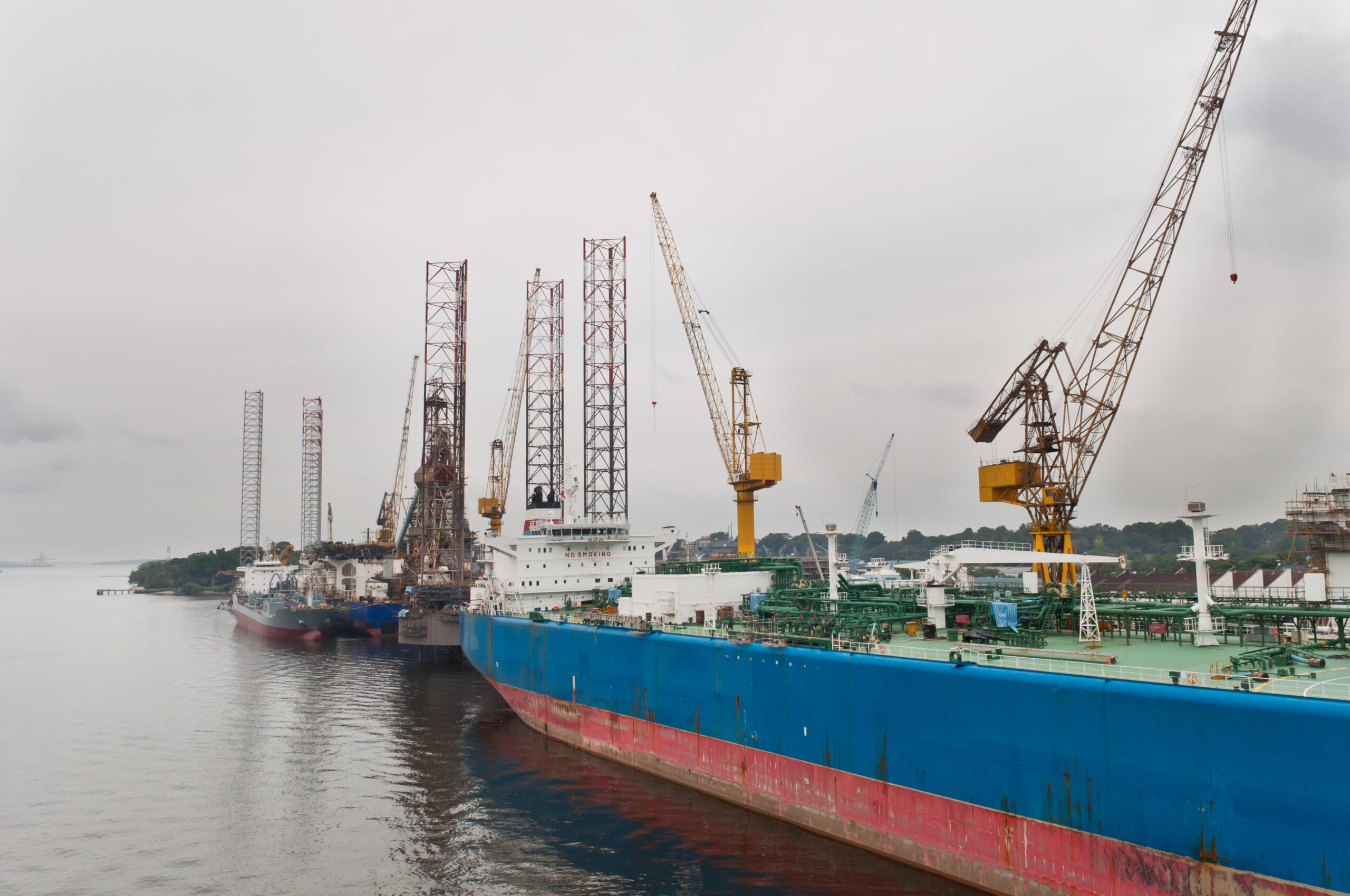Singapore’s Ministry of Manpower (MOM) is updating its foreign workforce policies, in a move that will affect its maritime and offshore industries.
To reduce the marine shipyard sector’s dependency on foreign workers, the sector’s dependency ratio ceiling (DRC) will be lowered, and its foreign worker levies will be increased.
The firms will be given time to adjust, and the changes will take effect from January 1, 2026.
The Ministry of manpower, Ministry of trade and industry, Economic development board and Enterprise Singapore (ESG) will make the policy changes for the marine shipyard sector, in order to “nudge the sector to pivot to more productive and resource-efficient activities,” as it is claimed.
The DRC specifies the Work Permit holders in a company. It will be lowered to 75 per cent from the current 77.8 per cent.
Shipyards will be able to hire up to three work permit holders for each local employee from 1 January 2026, down from the current 3.5.
“We will reduce the Dependency Ratio Ceiling (DRC) from 77.8% to 75% or from a ratio of 1 local employee to 3.5 Work Permit Holders, to 1 local employee to 3 Work Permit Holders,” says the ministry.
They will also increase the levy from $400 to $500 for ‘Basic Skilled’ R2 Work Permit Holders, and $300 to $350 for ‘Higher Skilled’ R1 Work Permit Holders (WPHs).
The ministry claims that in order to minimise business disruptions, firms exceeding the new DRC on 1 January 2026 will be allowed to retain their existing WPHs and S Pass holders until the work passes expire.
However, these firms will not be able to renew, or apply for new WPHs and S Pass holders, until they bring their firm’s workforce within the new DRC of 75% (1:3), in accordance with the ministry’s statement.
Firms are encouraged to plan ahead for the changes. The new levy rates will apply to all WPHs, including existing WPHs, from 1 January 2026.
These moves aim to push the sector to “rethink its operating models, to shift towards higher-skilled and higher-value activities,” MOM says.
MOM is announcing these moves 2 years ahead of implementation from 1 January 2026 to give firms sufficient lead time to transform.
“We stand ready to work with companies to transform their business and operating models, so that they may become more productive, competitive and sustainable in the long run.”
Source: Singapore’s Ministry of Manpower (MOM)



